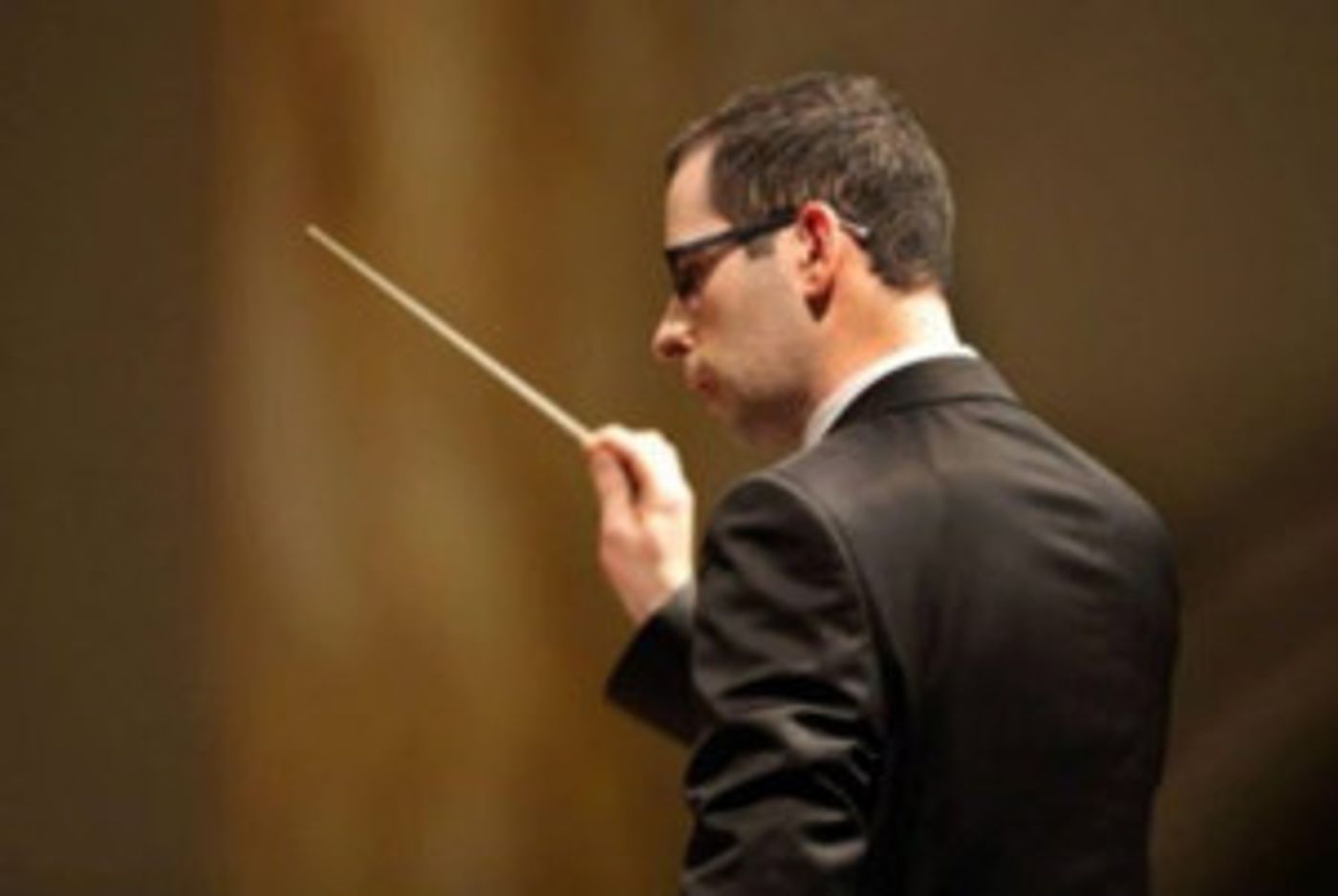Review: NEW ADELAIDE ENSEMBLE at Chateau Apollo
 Reviewed by Ewart Shaw, Friday 25th January 2019.
Reviewed by Ewart Shaw, Friday 25th January 2019.
Get a room. If you want to do chamber music, get a room, something intimate, close quarters to the audience. Let them see the whites of the wind players' eyes, the white knuckles of the string players, the beads of sweat. The New Adelaide Ensemble got a room.
Chateau Apollo sounds like the perfect place to find the sort of elegant chamber where a small group of players can create a stylish musical experience, aristocratic French blended with classical Greek, Apollo being the god of music, light and incidentally, the plague.
Well, not quite. It stands on the corner of Frome Street and Grenfell Street, and is in two parts, one a bar with a shrubbery, and the other, a very industrial room. The room is open to Frome Street, at the back, has a polished concrete floor, brickwork walls and a wooden ceiling with the beams exposed.
It mimics the acoustic properties of traditional music venues so well that it may be Adelaide's next regular chamber music venue. Finally, we have two contenders for the role, the other being the newly revived Union Hall.
The New Adelaide Ensemble, directed by Bryan Griffiths, is comprised predominantly of alumni of the Adelaide Youth Orchestra who presented a concert of two American works, linked by a religious sect. About the Shakers, more later, but their commitment to simplicity gave America some really sweet songs, and Simple Gifts, is best known because Aaron Copland incorporated it in his ballet suite of 1944, Appalachian Spring.
The full ensemble took a very simple approach to the music, guided by Bryan Griffiths, allowing the melodies to unfold gently. Anna Freer, Ji Won Kim, Julia Brittain, Tom Helps, violins, Caleb Wright and Suyeon Ro, violas, Joseph Freer and Tom Marlin, cellos, and Holly Little, bass were the string section, and the winds, were Lydia Sharrad, flute, Samantha Webber, clarinet, and Chris Buckley, bassoon. Joseph Ingram played the piano part.
Shaker dances, the second work involved only seven of the string players and was a fascinating contrast to the Copland. However it began, John Adams, later refashioned it and made it a tribute to the Shakers, a sect originally from 18th century Britain, which like many other non-conformist groups left for the freedom of the New World. Their dancing, their trembling in the presence of the Holy Spirit, gave them their name, and Bryan Griffiths really brought out the energy of the work.
As well as music, dance and furniture design, Shakers embraced celibacy, so they have effectively disappeared, leaving behind their cultural, and simple, gifts to the world. A documentary maker some years ago interviewed one of the last and the title of the program, I Don't Want to be Remembered as a Chair, has remained with me.
Beers in the garden afterwards, and conversation until the last bus, rounded out the evening. Perhaps, the sound of the chamber orchestra might encourage non-aficionados to come and enjoy the music, perhaps not, but I certainly enjoyed hearing such fine playing.
The venue describes itself, on its website, as a rustic blank canvas. I'd go with that. I might drop in for a beer one night, but I'm certainly going back to hear the New Adelaide Ensemble.
Reader Reviews

Videos

